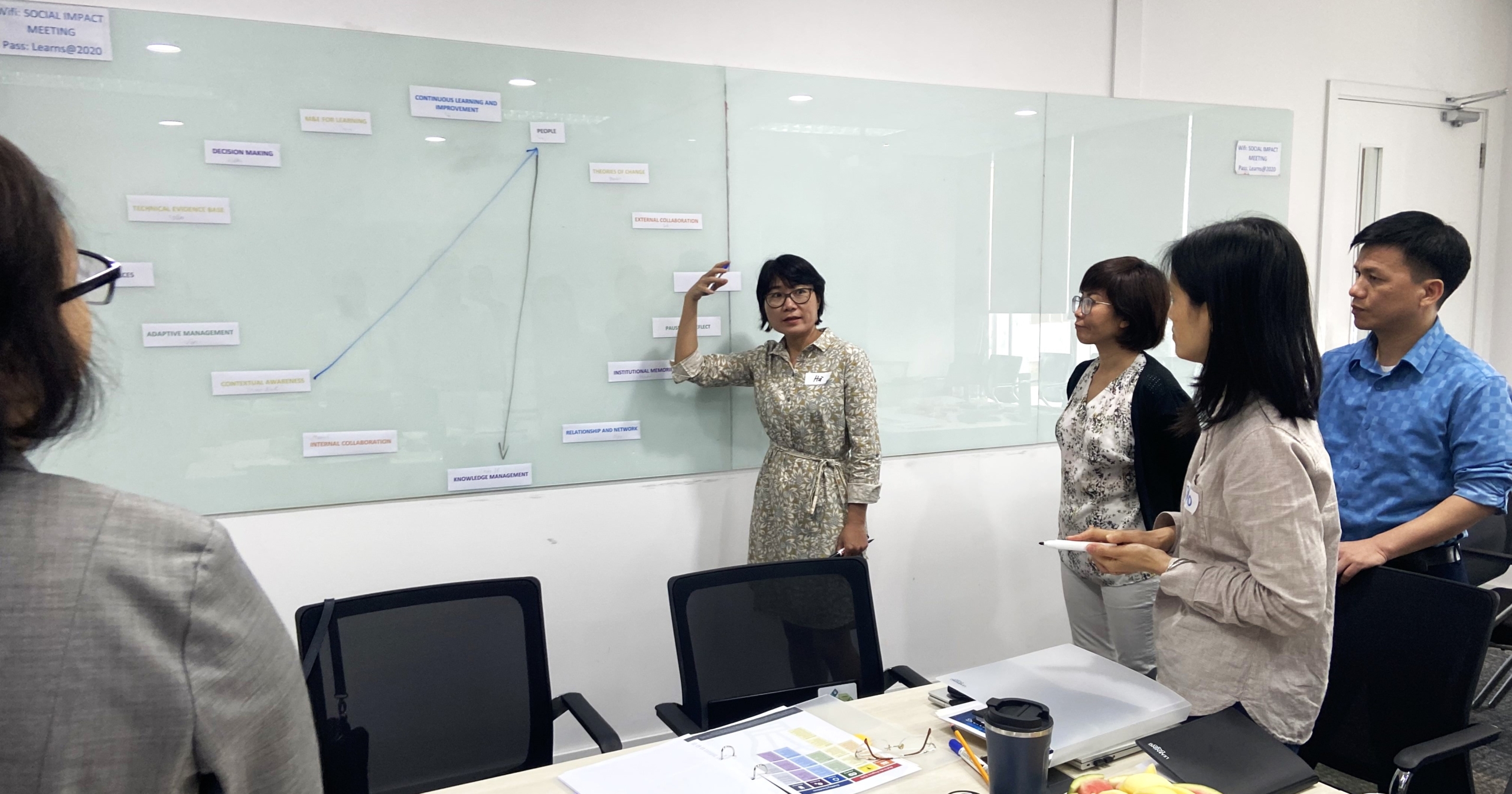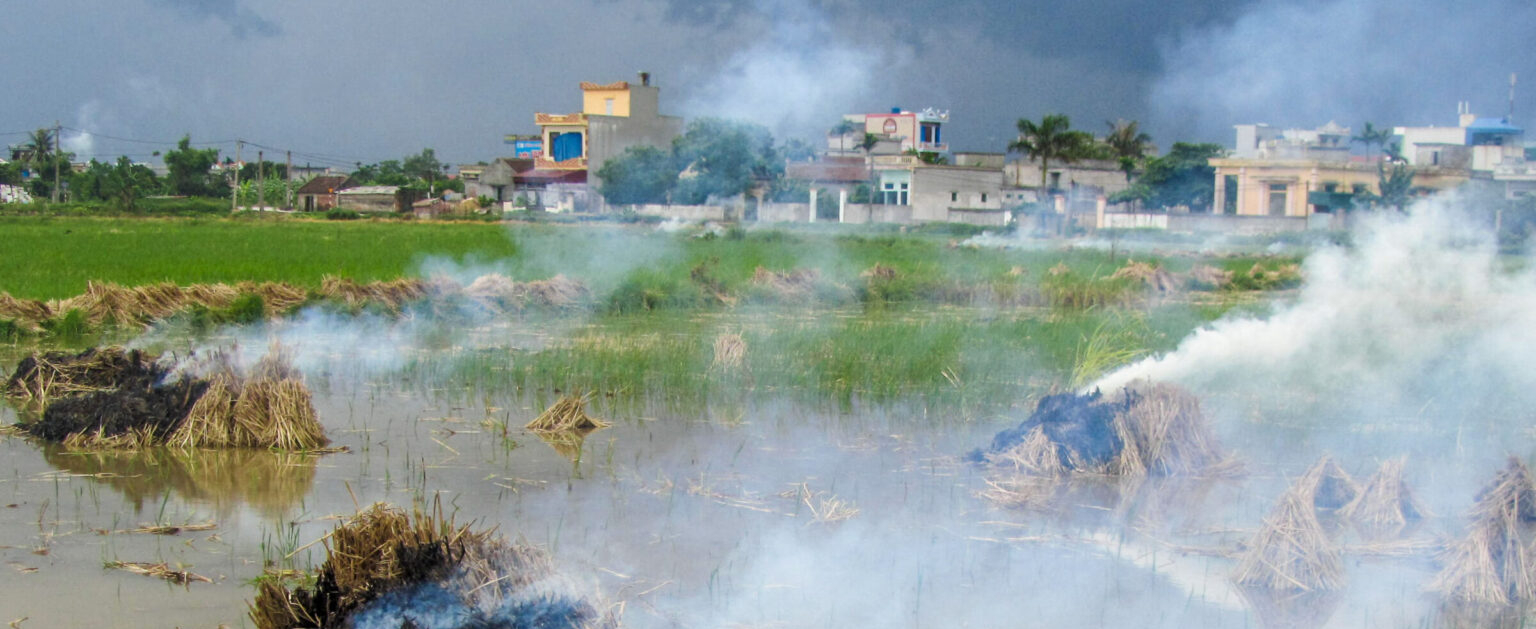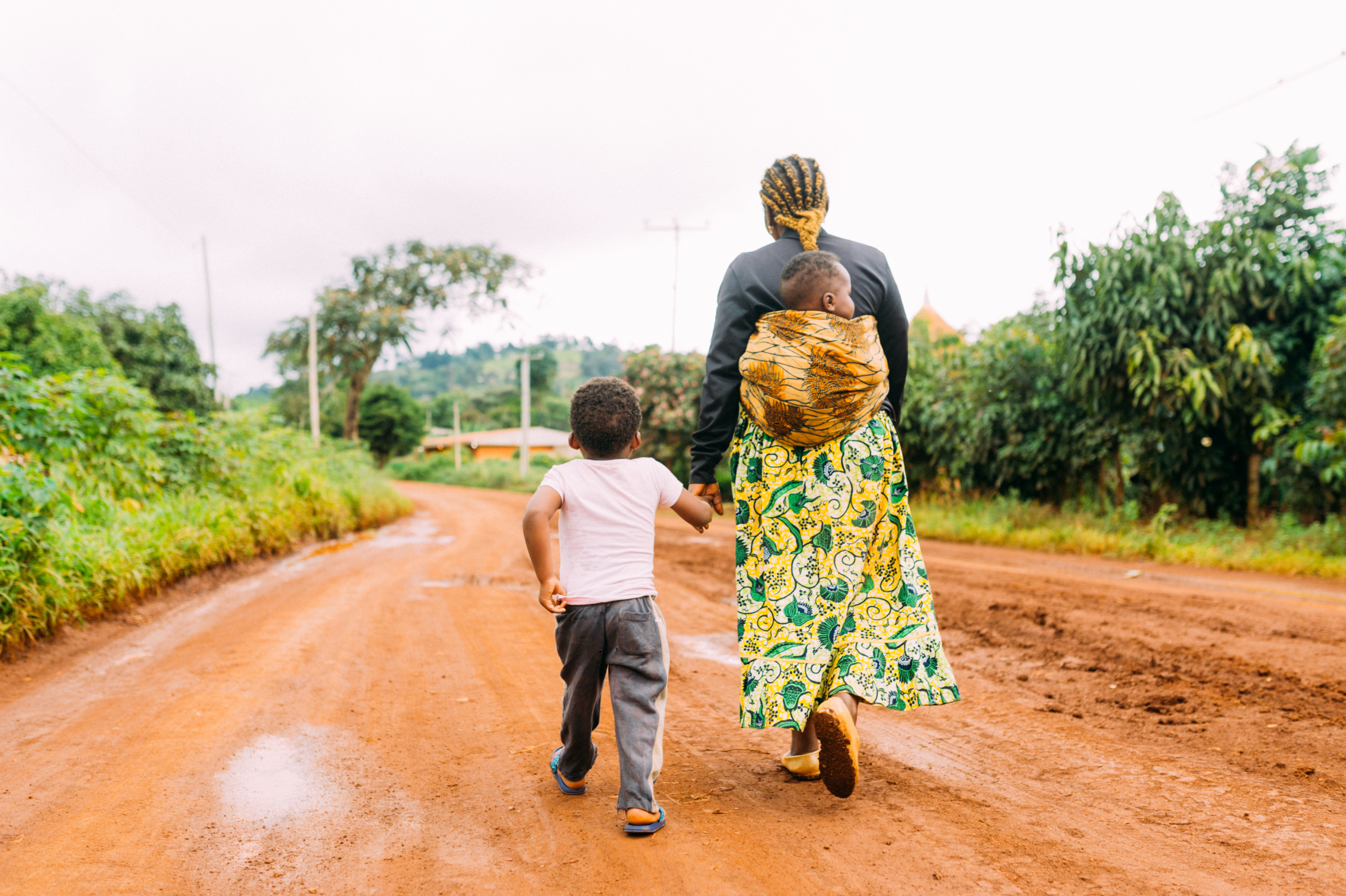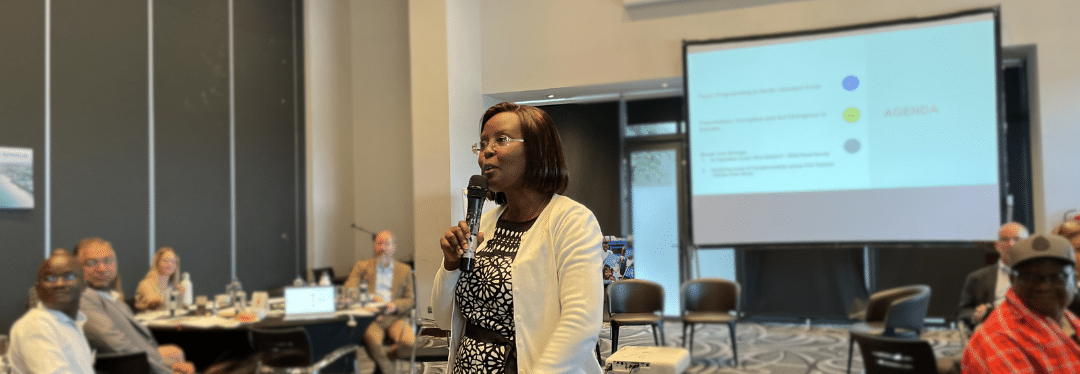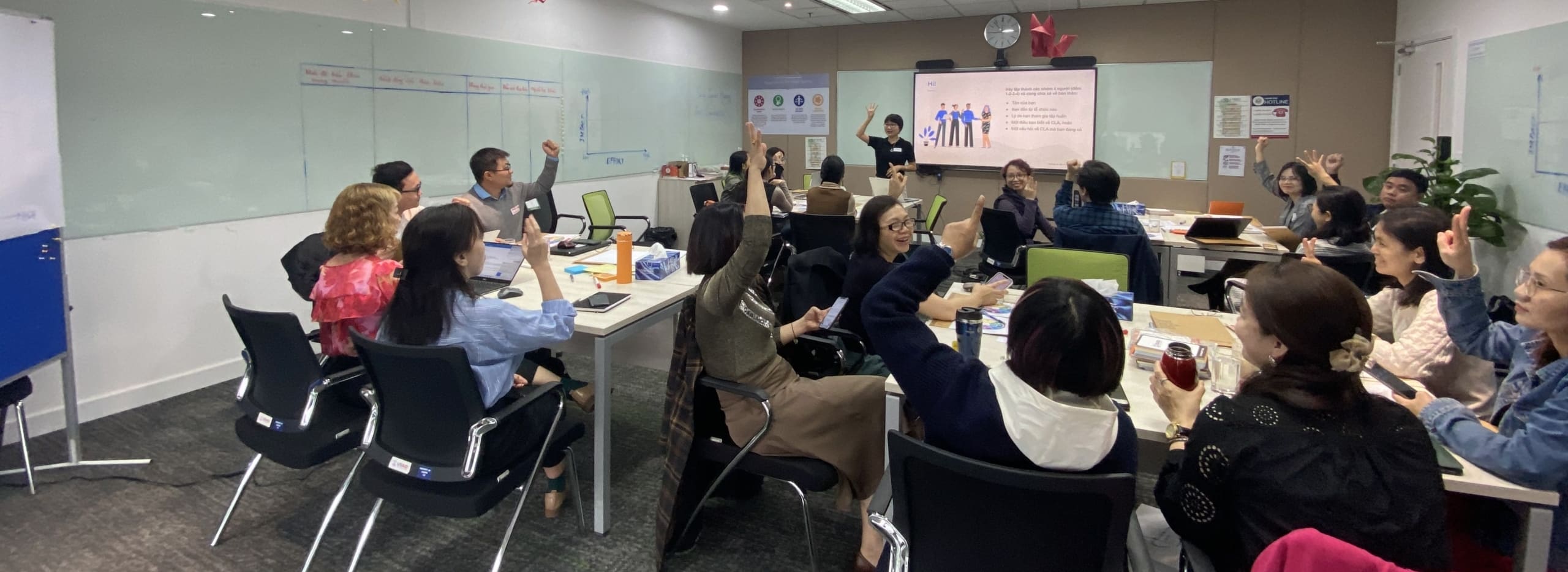According to USAID’s Local Capacity Strengthening Policy1, enabling local partners to lead MEL for development programs in their communities is a key step to putting locally led development into practice. Improving MEL performance may require significant knowledge sharing between expat and local MEL experts, depending on these actors’ needs. When done effectively, this sharing builds enhanced and sustainable expertise among local MEL experts, who can in turn help donors better achieve inclusive and locally led development. An effective approach for initiating this knowledge transfer between international and local MEL experts is learning by doing.
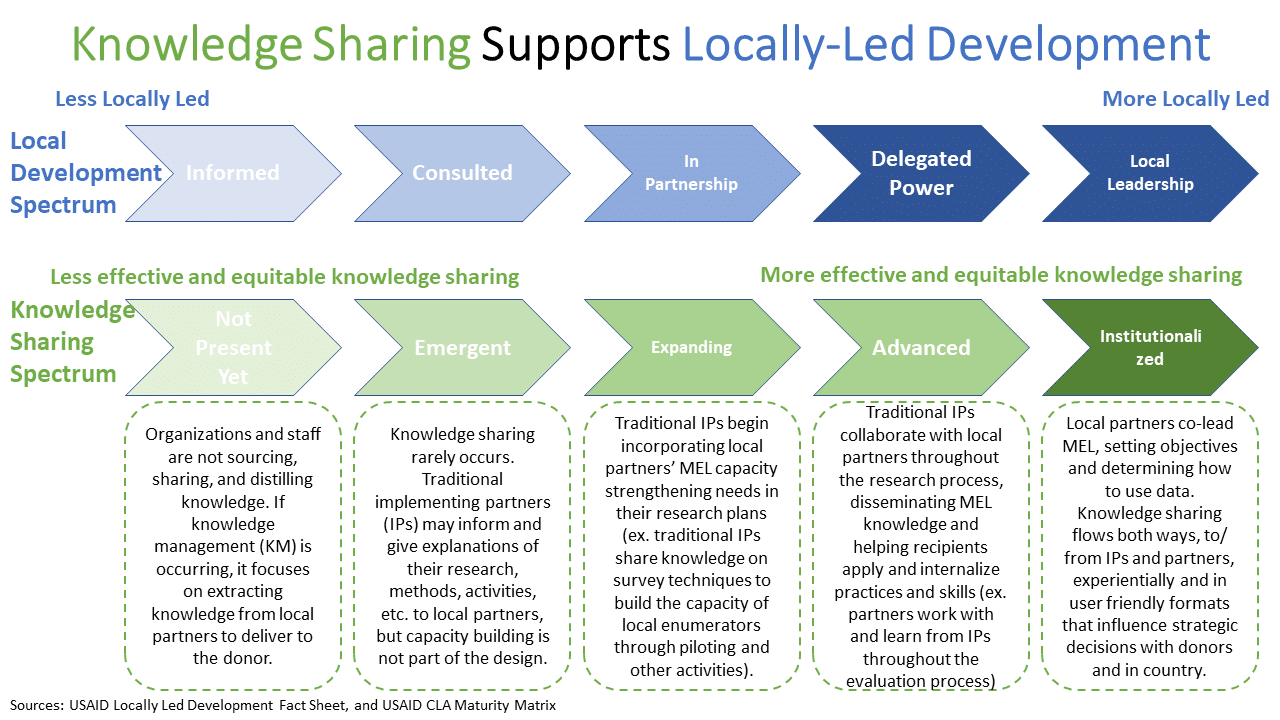
Often MEL knowledge sharing opportunities for capacity development between the global north and south are mostly either not present yet, emergent, or expanding depending on the situation and country (see figure above). While opportunities do exist for formal training sessions, partner institution support, virtual platforms, materials sharing, secondment agreements over several months, and evaluation work under expatriate team leaders, these efforts are frequently challenged in numerous ways and result in sub-optimal outcomes. This is unfortunate as studies have found strong relationships between the elements of knowledge management (knowledge accumulation, creation, sharing, internalization, and utilization) and improved performance and development2.
Some frequently occurring challenges include the following:
- Organizations do not assess local partners’ knowledge beforehand, which can make knowledge sharing irrelevant.
- While external professionals have knowledge, skills, and experience to share, they do not always understand knowledge sharing mechanisms (e.g. adult learning best practices) rendering their assistance ineffective.
- Knowledge acquisition often takes more time than allocated. Thus, very little knowledge gets shared in the time available, or too much is shared with little time for internalization.
- Acquiring hard skills is overemphasized compared to soft skills (e.g. better team management, client communication, etc.).
- Training opportunities are sporadic, and local professionals must have their own plans to continue learning and applying these skills or they may be quickly forgotten.
If international donors really want to see localization succeed, they must shift to a learning by doing model building these opportunities into existing donor-funded MEL activities, for which MEL platforms are ideally suited. This approach will help overcome the challenges above by advancing and institutionalizing knowledge sharing, which, in turn, supports more locally led development. This model assesses local professionals’ learning needs, prioritizes their goals, and provides opportunities for true skill acquisition (see text box right for an example). Learning by doing means coupling targeted formal training on specific topics with opportunities to apply the knowledge and real-time feedback through mentoring and coaching. Formal training may take place in synchronous or asynchronous formats on virtual platforms or face-to-face. While opportunities to apply knowledge may also require equipment sharing.
To ensure that local MEL professionals can effectively compete for the formal training that will be associated with learning by doing opportunities, it is important that:
- They understand the competitive selection process used. Holding information and Q&A sessions during the solicitation process can help build local capacity to respond better to RFPs.
- Current skill assessment and priority identification are necessary to facilitate targeting training sessions and work appropriately.
- Local professionals join ongoing or newly starting tasks based on their identified existing skills and desired learning. Less-experienced professionals may start out supporting data collection, and over time, advance to analysis, reporting and ultimately design based on demonstrated capacity.
- Mentoring and coaching are critical to ensuring each assignment is a sustainable learning opportunity that better prepares local professionals to directly provide MEL services.
- Complementing this approach with formal and informal learning events will also facilitate knowledge sharing and collaboration.
Putting locally led development into practice requires that local MEL practitioners and firms lead MEL for development programs and investments in their communities. Achieving this type of institutionalized local MEL leadership may require a change in how traditional IPs in the global north manage and share knowledge about performance management. A good place to begin this change is with a learning by doing approach that prioritizes learning needs and goals of local professionals in the global south and provides opportunities for true skill acquisition.
1 The USAID’s Local Capacity Strengthening Policy principle is: “Plan for and measure performance improvement in collaboration with local partners.”
2 Evidence Base for Collaborating, Learning and Adapting: Summary of the Literature Review. March 2020. https://usaidlearninglab.org/sites/default/files/resource/files/cla_literature_review_update_march_2020_final.pdf
______
Authors:
Phanol Philippe is an international development professional with more than 20 years of experience in the design, monitoring, and evaluation of programs in various areas (agriculture, nutrition, food security, education, WASH, natural resource management, and governance), with a specialization in agronomy and the economics of environment and natural resources. Expertise in conducting evaluations that combine the strengths of different evaluation approaches and methods (quantitative and qualitative) in order to optimize the usefulness and the relevance of results.
Jennifer Mandel has over 25 years of experience in monitoring, evaluation, and learning (MEL) for international development programs. In her almost seven years at Social Impact, she has served in both technical and management leadership roles, including supporting long-term, field-based project offices. In these capacities, she has supported technical implementation and provided technical support to and oversight of all aspects of MEL task implementation. She has worked in the Caribbean, Sub-Saharan Africa, and South and Southeast Asia, including non-permissive and challenging environments such as Haiti, Pakistan, and Mali.
Chris Thompson leads the technical implementation and oversight of monitoring, evaluation, and learning (MEL) contracts for Social Impact around the world. His over 15 years of experience includes long-term, field-based senior management and technical positions in Indonesia, Liberia, the West Bank, and Afghanistan, where he put into practice pioneering evaluation approaches and award-winning collaboration, learning, and adapting (CLA) techniques.


